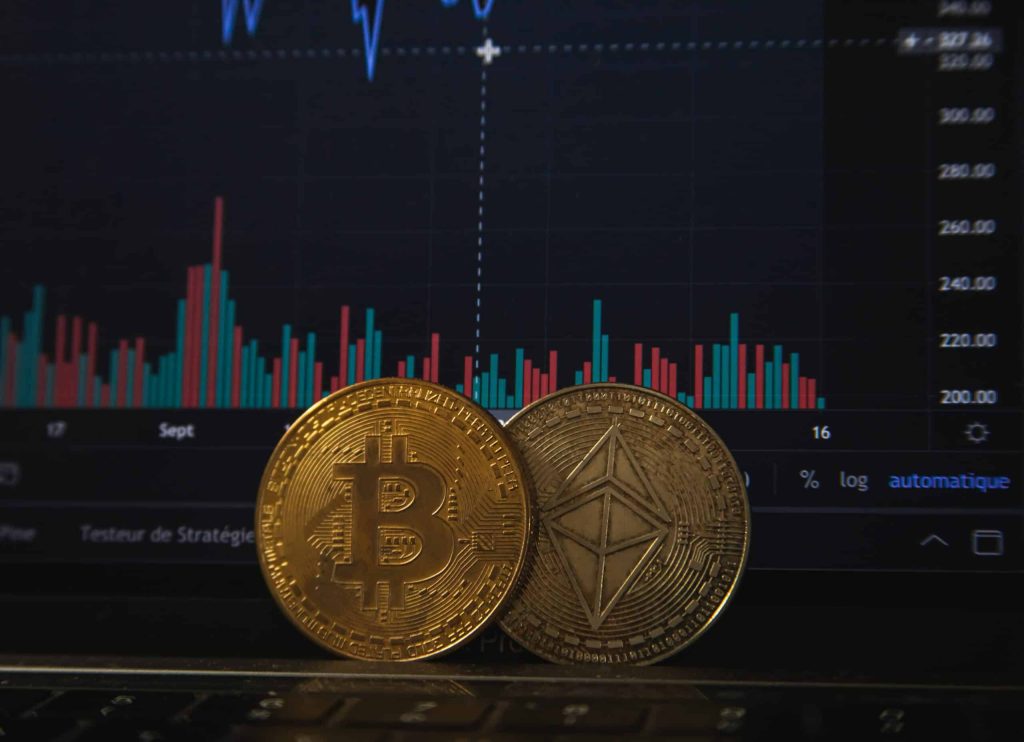Introduction: What Is a Market Correction?
In the world of investing, the term “market correction” is often met with both anxiety and opportunity. A market correction typically refers to a short-term decline in the stock market or a specific asset class, typically a drop of 10% or more from its recent peak. While corrections can be unsettling for many investors, they present unique opportunities for those with a strategic approach. Understanding how to capitalize on market corrections is essential for building wealth over the long term.
For seasoned investors, a market correction is not a signal to panic or to pull out of the market, but rather an opportunity to buy quality assets at a discounted price. In this article, we will explore what market corrections are, why they occur, and most importantly, how investors can take advantage of them to strengthen their portfolios and maximize returns.
Understanding Market Corrections: Causes and Characteristics
Market corrections are a natural part of the investment cycle. They typically occur when stocks or other assets experience a sudden decline in value, often driven by factors such as economic downturns, changing interest rates, geopolitical events, or overvaluation of certain asset classes. While corrections are uncomfortable, they should be seen as a temporary market event rather than a permanent trend.
- Economic Slowdowns: A slowdown in economic growth or signs of a recession can trigger a market correction as investors react to potential future earnings declines. During such periods, cyclical stocks and consumer discretionary sectors are often hit the hardest.
- Interest Rate Hikes: When central banks like the U.S. Federal Reserve raise interest rates, borrowing costs increase, and the cost of capital rises for businesses. This can put pressure on earnings and valuations, leading to a market correction.
- Geopolitical Events: Political instability, trade wars, or significant geopolitical events can create uncertainty and result in a market pullback. These corrections may be temporary, but they can cause substantial short-term volatility.
- Overvaluation of Stocks: At times, the market becomes overheated, with stock prices rising well beyond their intrinsic value. When this bubble bursts, it can lead to a market correction, with stock prices falling back to more reasonable levels.
- Pandemics or Natural Disasters: Unforeseen global events, like the COVID-19 pandemic, can cause swift and severe market corrections as global supply chains and business operations are disrupted.
Why Market Corrections Present Opportunities
While corrections are often seen as negative events, they present an ideal opportunity for long-term investors to buy high-quality assets at lower prices. Historically, markets have rebounded after corrections, often going on to set new highs. The key is to recognize that a market correction is a temporary phase, and with careful research and strategy, it is possible to capitalize on the situation.
- Discounted Asset Prices: Market corrections often lead to significant declines in the prices of stocks, bonds, and other investment assets. Quality companies with solid fundamentals may be temporarily undervalued, allowing savvy investors to buy these assets at a discount.
- Long-Term Growth Potential: Corrections are often followed by periods of recovery and growth. By purchasing quality assets during these times, investors position themselves to benefit from future price increases as markets rebound.
- Improved Risk-Reward Ratio: Buying assets during a market correction improves the risk-reward ratio of your portfolio. By purchasing assets at lower prices, you increase your potential for gains when the market recovers.
- Building a Stronger Portfolio: For investors looking to build a resilient portfolio, market corrections are an opportunity to buy into sectors or stocks that may be underrepresented in their portfolio. This is an ideal time to focus on strengthening your holdings for long-term success.
How to Identify a Market Correction
Recognizing when a market correction is happening is crucial for identifying strategic buying opportunities. While it can be difficult to predict precisely when a market correction will occur, there are several key indicators and signs to look for:
- Price Declines of 10% or More: A market correction is generally defined as a decline of at least 10% from a recent peak. By tracking the price movements of major stock indices, such as the S&P 500, you can identify when a correction has taken place.
- Increased Volatility: During a correction, volatility tends to increase as investors react to uncertainty. The VIX, also known as the “Volatility Index,” measures market volatility. A significant rise in the VIX can signal heightened market risk and the potential for a correction.
- Weakening Economic Indicators: Economic data, such as falling GDP growth, rising unemployment rates, or declining corporate earnings, can signal that a market correction is imminent. Monitoring these economic indicators can help you anticipate corrections before they happen.
- Investor Sentiment Shifts: Investor sentiment plays a significant role in market corrections. During periods of fear and panic, investors may sell off assets, leading to widespread declines in stock prices. Conversely, when sentiment improves, prices may stabilize or recover.
- Sector-Specific Pullbacks: Sometimes, corrections are sector-specific, rather than broad-based. For example, if the technology sector experiences a sharp decline, it may be an opportunity to invest in high-growth tech companies at discounted prices.

Guidelines for Strategic Buying During Market Corrections
Once a correction occurs, the next step is to develop a strategy for capitalizing on the opportunities it presents. Here are some guidelines for making informed investment decisions during a market correction:
1. Focus on Quality, Not Quantity
In times of market uncertainty, it is essential to prioritize high-quality investments. Look for companies with strong fundamentals, including a solid balance sheet, consistent earnings growth, and a competitive advantage within their industry. While many stocks may be selling at lower prices, not all are good buys. Focus on companies that have demonstrated resilience in previous downturns and are well-positioned for future growth.
2. Consider Dividend-Paying Stocks
Dividend-paying stocks are a great option during market corrections because they provide a steady stream of income even when stock prices are fluctuating. Companies with a history of consistent dividends are often more stable and can help cushion the blow during market downturns. High-quality dividend stocks tend to outperform during recoveries, making them an ideal investment choice during corrections.
3. Use Dollar-Cost Averaging (DCA)
Dollar-cost averaging is a strategy where you invest a fixed amount of money at regular intervals, regardless of the market’s performance. This method helps smooth out the impact of short-term market volatility and ensures that you are consistently buying assets, even during market corrections. By sticking to this strategy, you can avoid the temptation to time the market and instead focus on building a long-term position in undervalued stocks.
4. Be Patient: Buy for the Long Term
It is essential to take a long-term perspective when investing during market corrections. While it may be tempting to chase short-term gains, a strategic buyer should look for opportunities to hold investments for several years. By holding high-quality assets for the long term, you allow the market time to recover and benefit from compounding growth.
5. Take Advantage of Sector-Specific Declines
If a particular sector is underperforming during a market correction, it may be an opportunity to buy stocks in that sector at a discount. For example, if the healthcare sector faces a pullback, consider buying shares of leading pharmaceutical companies or health insurers with strong growth potential. Similarly, other sectors such as consumer staples, technology, or industrials may present opportunities depending on the economic cycle.
6. Avoid Panic Selling
During a market correction, it is easy to succumb to panic and sell investments in an attempt to avoid further losses. However, panic selling is often a mistake, as it locks in losses and prevents investors from participating in the eventual recovery. Stick to your investment strategy, and only make decisions based on your long-term goals and analysis.
7. Review and Rebalance Your Portfolio
A market correction provides a good opportunity to review your portfolio and ensure that it remains aligned with your investment goals. Use the downturn to rebalance your portfolio by selling overvalued assets and buying undervalued ones. This ensures that your portfolio is well-positioned for both the current market environment and future growth.
Conclusion: Embracing Market Corrections for Long-Term Success
Market corrections, while often unsettling, present investors with an opportunity to purchase high-quality assets at a discount. By staying calm, focusing on quality investments, and using strategies such as dollar-cost averaging and sector-specific buying, you can capitalize on these market dips and position your portfolio for long-term success. Rather than viewing market corrections as a threat, seasoned investors embrace them as an opportunity to buy low and set the stage for future growth. The key is to maintain a disciplined approach and make decisions based on long-term objectives rather than short-term fluctuations.












































